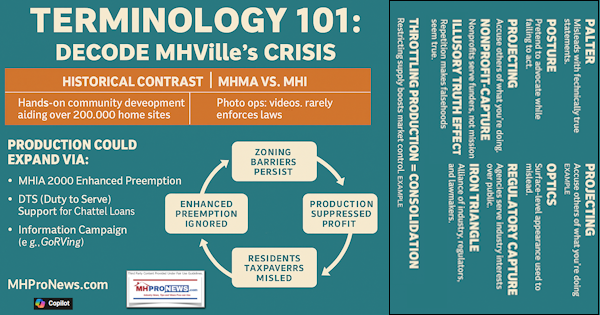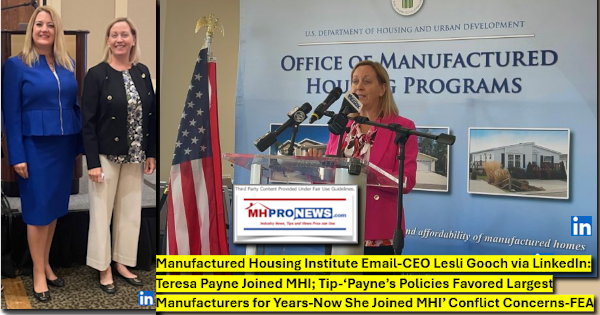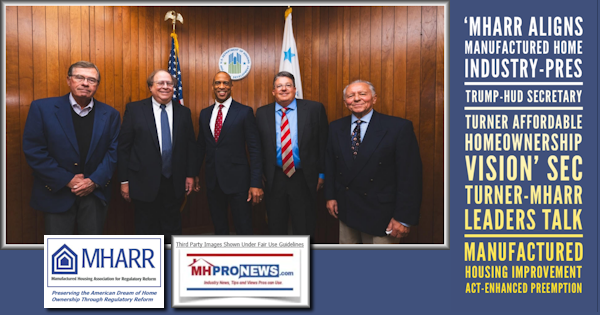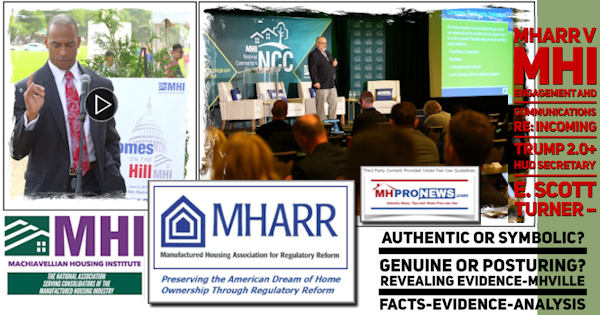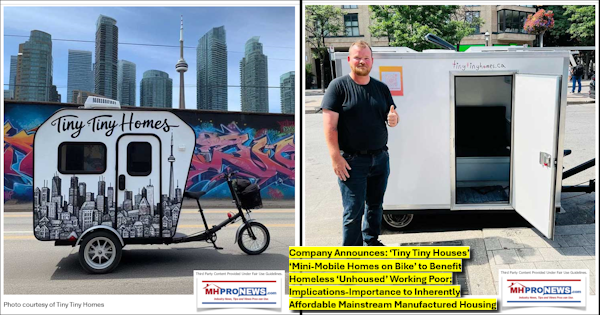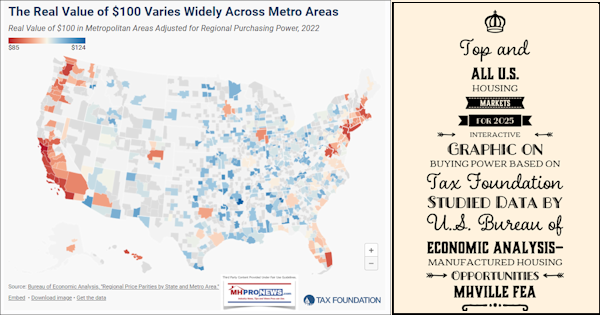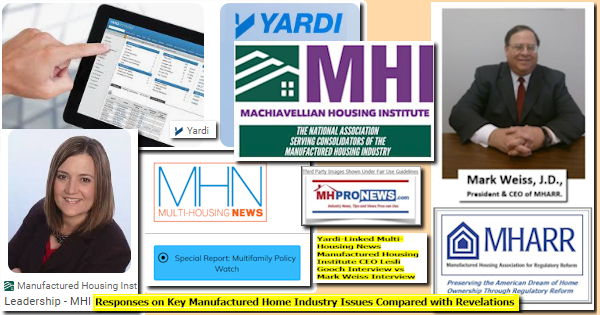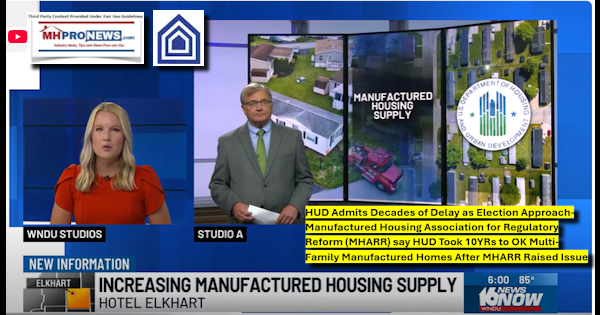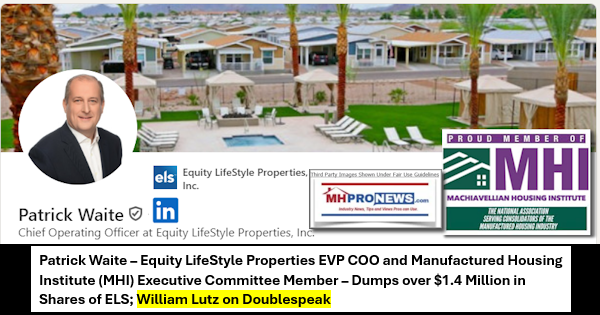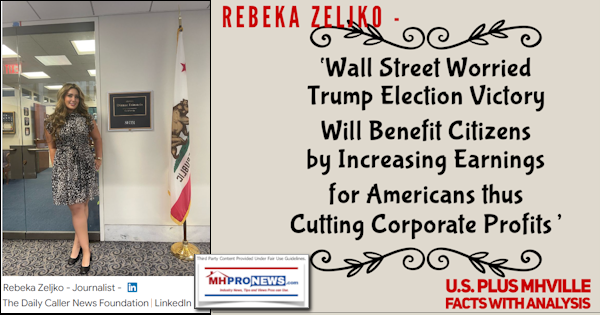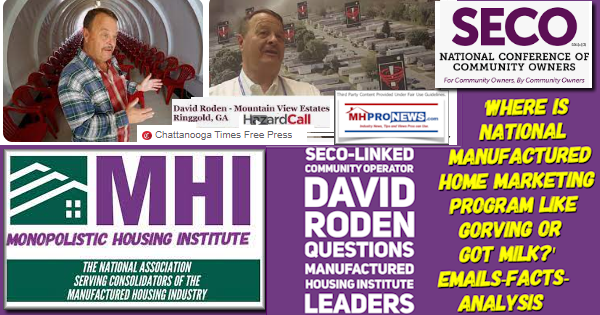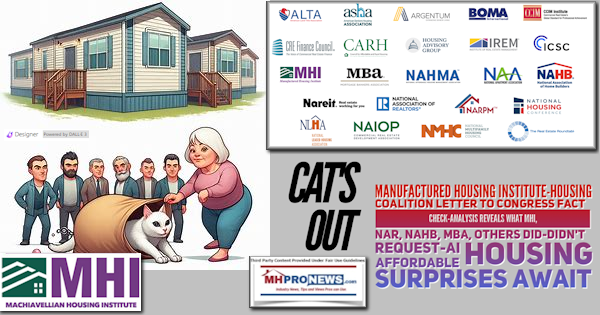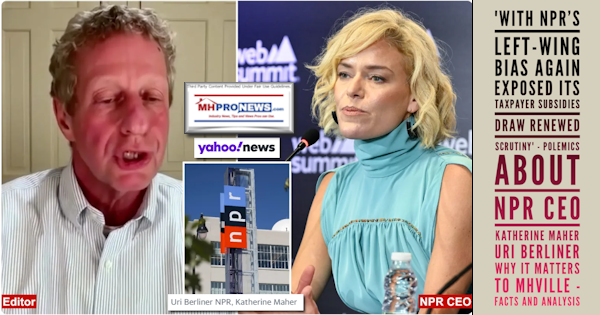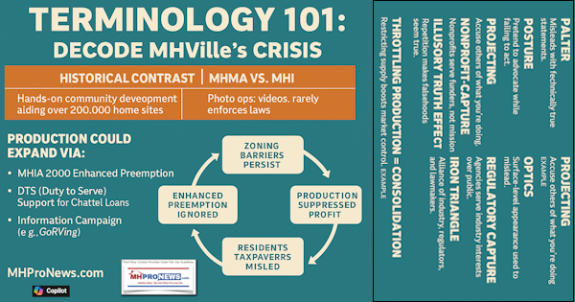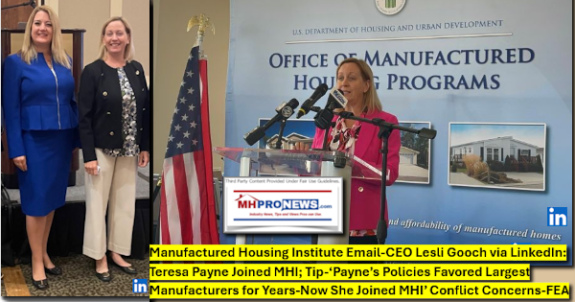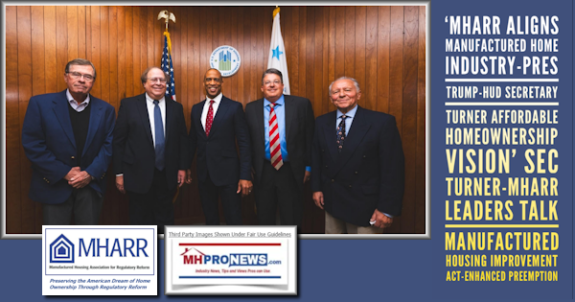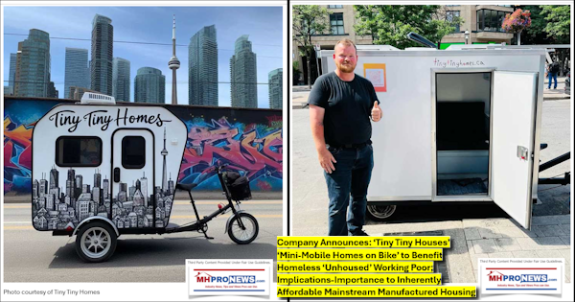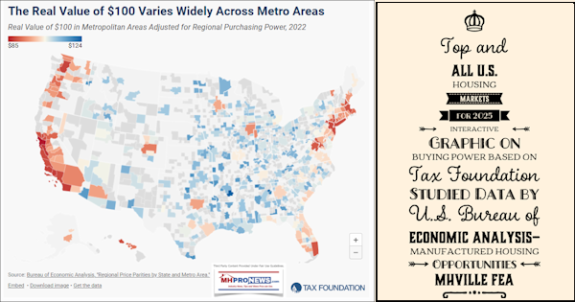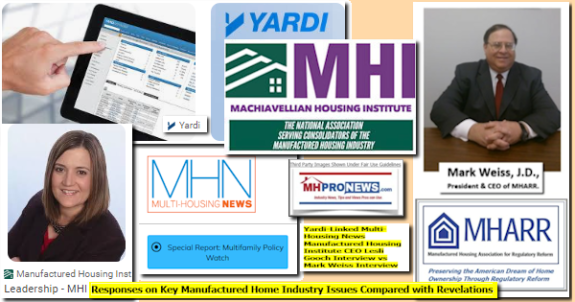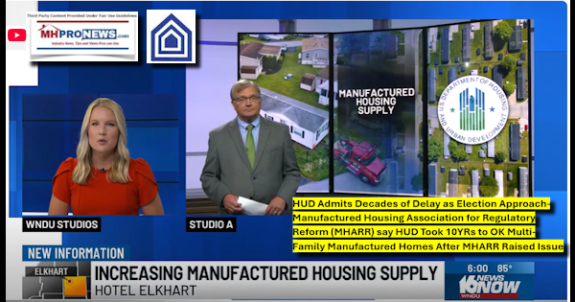I recently have had a number of email exchanges with some well-known industry personalities about the subject of training and other business related investments. There are certainly companies that have good training and personnel development programs in the manufactured housing community field. We have some managers and owners who have taken and passed ACM type classes or even more who have passed George Allen’s MHM classes (myself included). But for the most part, let’s be honest with each other and admit that compared to many companies outside of our industry, training and investing in information and education could be better.
To make the point, consider these facts that were sent to me as part of the discussion:
- At Holiday Inn, front desk clerks receive one full week of on-the-job training before they are permitted to register their first guest.
- The telephone operators/booking agents at Disney Cruise Lines must complete three weeks of intense classroom training and testing before taking their first phone call.
- PIE Trucking Company requires new drivers to complete an intensive driving school, tests, peer review and a comprehensive final exam before taking the wheel.
- At Google, all employees at every level are encouraged – and paid – to attend seminars, workshops, trade fairs and conferences throughout the year.
As part of my reply to one industry veteran this week, I echoed the above and said, ‘Think about McDonalds, Best Buy or many other companies we encounter routinely. People get more initial and ongoing staff and product training to do cell phones or serve hamburgers than many do to provide manufactured housing, one of the major investments in a person’s life time.’
I recall a message from a well-known industry sales trainer, one who writes very fine feature articles for us here at MHMSM.com. That pro expressed this thought: ‘Our industry would already be doing better if we simply had sales people doing a better job of qualifying and selling to the people who are already calling and coming for information.’
One of the most expensive parts of any business operation is personnel and related costs. So why don’t we invest more in people? Why don’t we invest in proven ways to solve the issues that our industry collectively faces? And then why don’t we spend more time in research and education that can grow a business like a manufactured housing community that has an occupancy challenge? A little education, a little leg work, and Voila! You’ve got financing that makes sense!
Let me make a case in point. People in the MHC world today WANT more chattel financing options so they can fill vacant home sites! Many smart operators have decided that the way to get homes sold is to have an in-house sales and financing operation. It makes sense, because properly done, it is profitable AND it generates more site fees.
What if you don’t know how to do your own in-house financing that is legally compliant? Well, educational resources are available, but you have to set aside a couple of days for a key staff member to get the ball rolling. Then, you need to learn how to fund your captive or in-house (sister or affiliated company) financing program. How do you start that process? Well, many state associations have teamed up with service suppliers to teach a class, or you can go straight to those who do the training. Those trainers will teach you how to raise the capital to fund an in-house (read sister or affiliated company) aka captive finance program.
Those managing captive finance operations can earn significant profits for their related finance company, and conversely can set that same company up for big losses through untrained and undisciplined underwriting and compliance efforts. So as with anything else in life, if you are going to do it, please do it correctly.
I had an interesting exchange some weeks back with a company that ‘wants more financing.’ I asked, have you spoken to the people at Precision? The short answer was ‘no.’ Why not? The reply was something like this: ‘That takes training, it takes time to attend their seminar, etc.’ Hmm…interesting; they are not selling as many homes as they want to sell, but they won’t do what it takes to move from where they are, to where they want to be? Even a very modest community is a 6-figure investment, many are more in the 7-8-figure range. I look at reports on occupancy. So, why would a community operator not want to be at 100% occupancy, when he or she is currently at 70%-80% occupancy, and in many cases far less?
Over the years, I invested significant sums in buying books, tapes, later CDs and going to seminars, so I could advance my skills and thus my career. Sure, it may be ‘easier’ if someone would simply just do it all for you, when it comes to financing. But that is not our reality today in the manufactured housing world. When someone has say, a 7-figure investment in a single property, why would they not invest a pair of days and do some leg work that can generate hundreds of thousands of additional revenue?
Manufacturers –if I were in your role, I would be nudging my clients into captive finance programs if they are not already doing it. If in-house (better known as captive finance) lending is good enough for Hometown America and other like firms, then surely it is good enough for other smart community operators! If I were in manufacturing, I’d be offering to sponsor programs that help my clients who are in the communities business get into the captive financing business. Why? Because it would create more orders for new homes!
I am a big believer in win-win relationships. Community operators need to be doing captive finance if they are not already doing so. I was looking at two different community operations, very similar in many respects; they were geographically about 15 miles apart. One was doing a captive finance program, and I was told they just closed 8 homes (read, filled 8 sites and made the profits on those home sales, too) the previous month. How? Captive finance. The other operation is stagnant. They have fairly tough lending that they can get, and no captive lending. The second community was considerably newer than the first. Yet the first community with its captive finance program is blowing the second one away in filling their vacant sites.
It would be wonderful if Washington, DC would ride in on a white horse and suddenly lay out for us a new financing program that would make our industry peaches-and-cream days again. But while we wait…
And wait…
And wait…
…for financing to return, doesn’t it make sense to investigate the relative ease of doing your own in-house – and legally compliant! – financing program?
There is a reason why some of the larger firms have already done this type of captive lending program for themselves. If your firm has not, isn’t it time to check into a captive or in-house finance program? Oh, yes, perhaps the last point is the important one to you. A compliant program can earn you more money. Think about the true story of community one and community two above. One is filling up, the other is not. Invest in a couple of days of training in a class and some leg work, you say? For a community owner, this is a no-brainer decision.
As a manufacturer, I’d be telling my MHC clients to take a page from the Nike handbook, and ‘Just Do It!’ As an association leader or other supplier to the industry, I would be talking about captive financing until everyone is just doing it.
Once that happens, factories will hum, suppliers will sell more, sales people will earn more, community operators will profit, and associations will not have the same struggles we are dealing with so often today. If we treat our customers the way we want to be treated, we will have happy residents and full communities again. Associations won’t be trying to figure out how to cover the next bill, because members will have more money to spend in what matters, education and the other benefits of association membership.
Before leaving this topic, I want to inject the fact that captive finance will be one of the free subjects in the upcoming Louisville Manufactured Housing Show. Ken Rishel will be providing that presentation on the first day of the show (Jan 12) at the Kentucky Exhibit Center (KEC). Also at the KEC will be George Allen presenting on his ‘Ah Ha! Oh No!’ formula for community sold home pricing success; Don Westphal presenting on Community Series Homes; Eddie Hicks presenting on how to get new financing or refinancing for your community, even if others have given you a hard time. Finally, there will be our own Bob Stovall and myself presenting on ‘How to Dominate Your Local Market!’ through web, email and social networking marketing. These intros at the KEC are one of literally dozens of good reasons why so many are already signing up to go to the Louisville Show in 2011. There is a reason why the Louisville Show is the #1 topic today, according to our online research – and there are lots of reasons for YOU to be THERE!
Returning to our theme…
Captive or in-house financing isn’t a panacea, but it is potentially such a huge step ahead that it should be top of mind as part of the Industry’s turn-around and growth strategy. As I am personally thinking about doing an MHC in the future, let me say, make the time to learn and apply legally compliant captive finance, so you can earn more.
##


